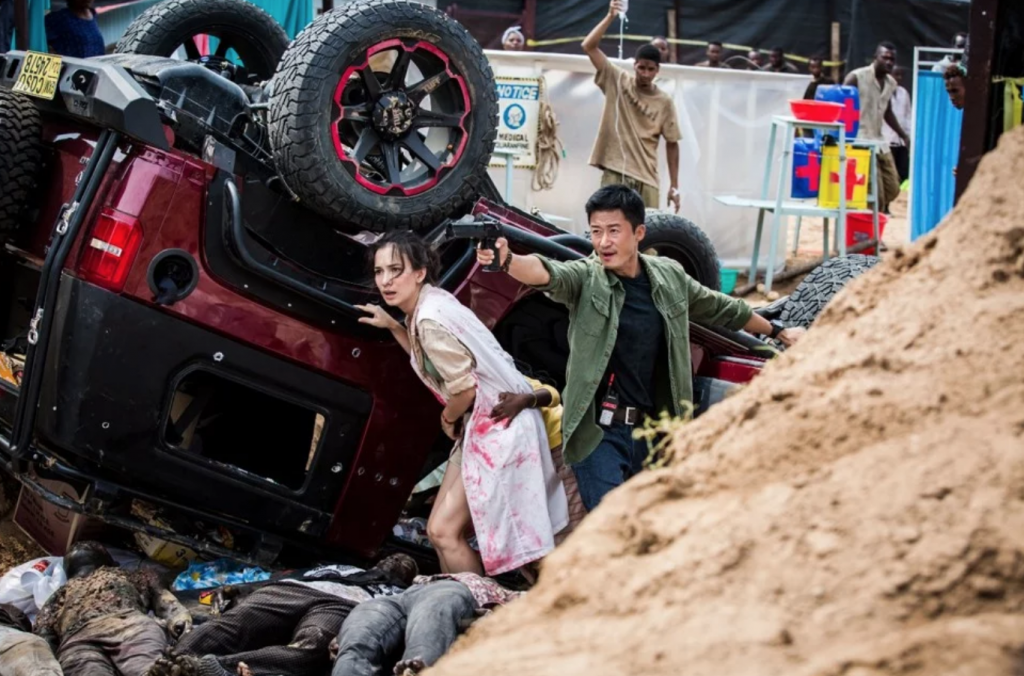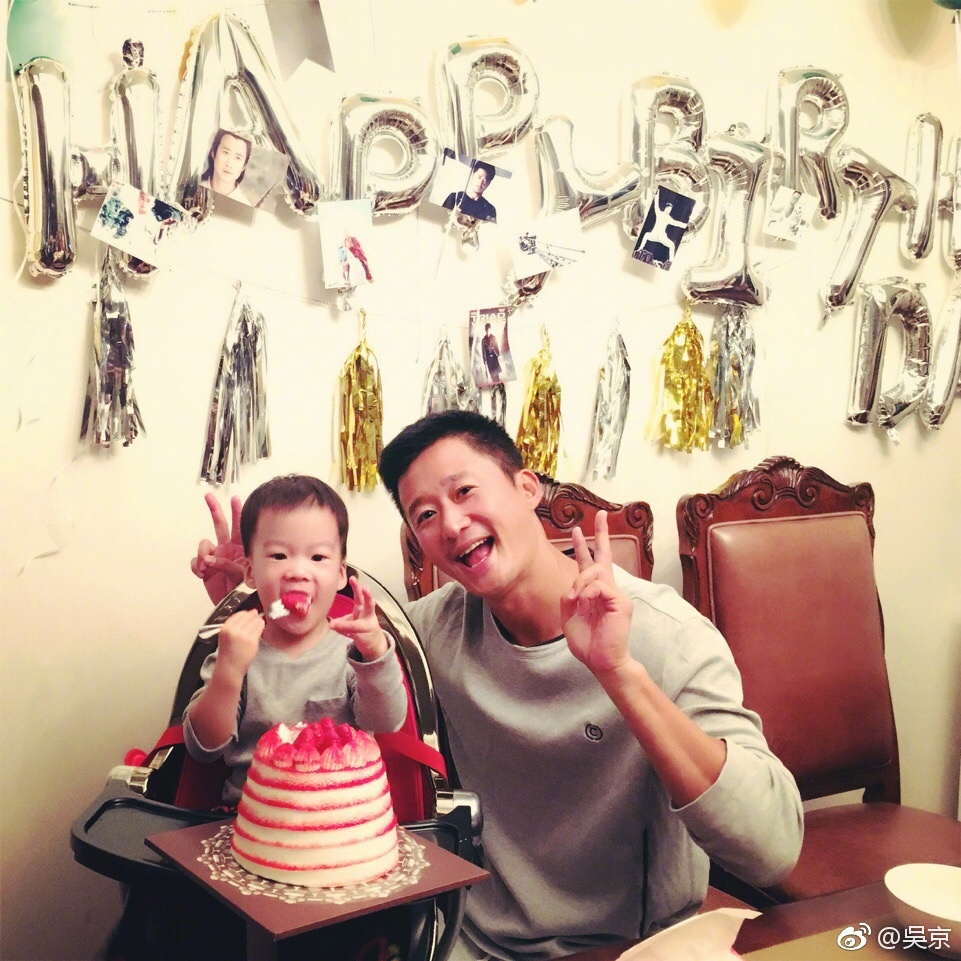

Wu Jing’s second film as a director after 2008’s Legendary Assassin, which he co-directed with his martial arts choreographer of choice Nicky Li Chung Chi, Wolf Warrior is also his first lead role in the seven years since that film’s release, and the first time he co-wrote a film.


Along the way, he meets doctor Rachel (Celina Jade), and must contend with a team of ruthless international mercenaries headed by Big Daddy (Frank Grillo). With the Chinese army unable to intervene or extract the small Chinese community that lives in the country, it is left to Leng to find and rescue a Chinese doctor who’s been working on a vaccine for a deadly virus that has been plaguing this part of Africa. Now, Leng is living a quiet life by the sea in Africa, but the harsh reality catches up with him when civil war tears the country apart, with a rebel army killing men, women and children. He once again plays elite soldier Leng Feng of the Wolf Warrior Squadron: disgraced after nearly killing a man who was threatening the family of a fallen comrade, he is also grieving the loss of the woman he loved, his superior officer Long Xiaoyun (Yu Nan), who was killed during a mission in Africa. Two years after the unexpected success of Wolf Warriorhelped him regain leading man status, Wu Jing is back as a co-writer, director and star for the sequel, bolstered with a much bigger budget, and input from the Russo Brothers (of Captain America: The Winter Soldier and Avengers: Infinity Wars fame). Across four chapters, we follow the soldiers crossing the bridge, the US pilots attacking it, the anti-aircraft artillery defending it, and in the end the sacrifice of hundreds of Chinese men forming a human bridge to allow the troops to arrive on time to the battlefield. For that to happen, the PVA must cross the Kumsong bridge on time, and thus constantly defend it and rebuild it as the US air force bombs it mercilessly. It is set during the Korean war, as the Chinese PVA (People’s Volunteer Army) prepares for the battle of Kumsong, in which it is to back the Korean People’s Army against the US forces. The Sacrifice was reportedly shot in three weeks (an impressively short timeframe for a war epic) with three high profile directors at the helm: Guan Hu hot off another war epic, The Eight Hundred (but not that hot off it, as the latter film was long-delayed), Lu Yang (mostly known for his outstanding Brotherhood of Blades diptych), and Frant Gwo (of the sci-fi mega-success The Wandering Earth).


 0 kommentar(er)
0 kommentar(er)
